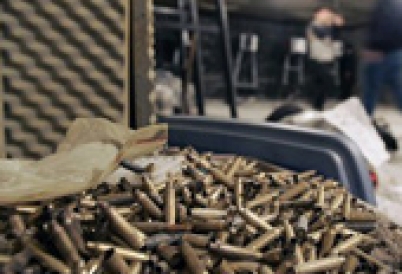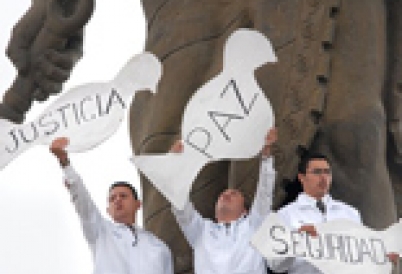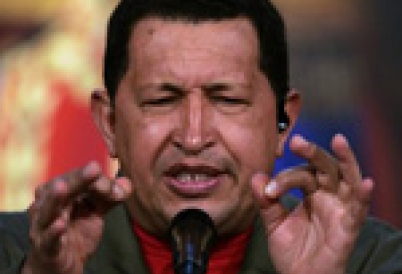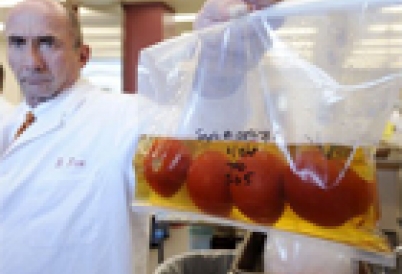En un artículo de opinion para El Diario/La Prensa, Christopher Sabatini de AS/COA analiza el alcance de la Iniciativa Mérida para combatir el crimen y la violencia en México. Además comenta sobre las fallas de dicha iniciativa en localizar las causas del problema de la falta de seguridad en la región.
The Mexican government signed a series of laws to combat the rise in kidnappings while civic groups hold for a national march to protest violence. But in the face of widespread insecurity, concerns remain about how to control crime sparked by an escalating drug war.
Venezuela continues its trend of nationalizations, with the cement industry serving as the latest example. Meanwhile, a series of decrees and blacklisting of candidates in advance of November municipal elections appear designed to strengthen Chávez’s hand.
Paraguay's new President Fernando Lugo represents a change in leadership after six decades under the rule of the Colorado Party. But challenges lie ahead for the former priest after he takes office.
U.S.-Russia tensions escalate over a proposed missile shield in Eastern Europe, sparking rumors that Moscow plans to station bombers in Cuba. Though the origin and veracity of the story remain unclear, Russian leaders called for renewed ties with Cuba after the countries inked a recent oil deal.
As the U.S. FDA shifts suspicions from tomatoes to jalapeños after a major salmonella outbreak, questions arise over how the agency tracks imported produce. From Mexican peppers to Honduran melons, foreign farms feel the impact of the FDA warnings and recent blunders in the salmonella investigation could prompt changes in the agency's monitoring systems.
In an AS/COA interview, Bolivia expert Eduardo Gamarra of Florida International University discusses the complex series of referenda taking place in Bolivia, explaining what is behind the political divisions affecting the country. Speaking about Sunday’s recall vote, Gamarra comments that, “The president is basically running a riskless election.”













